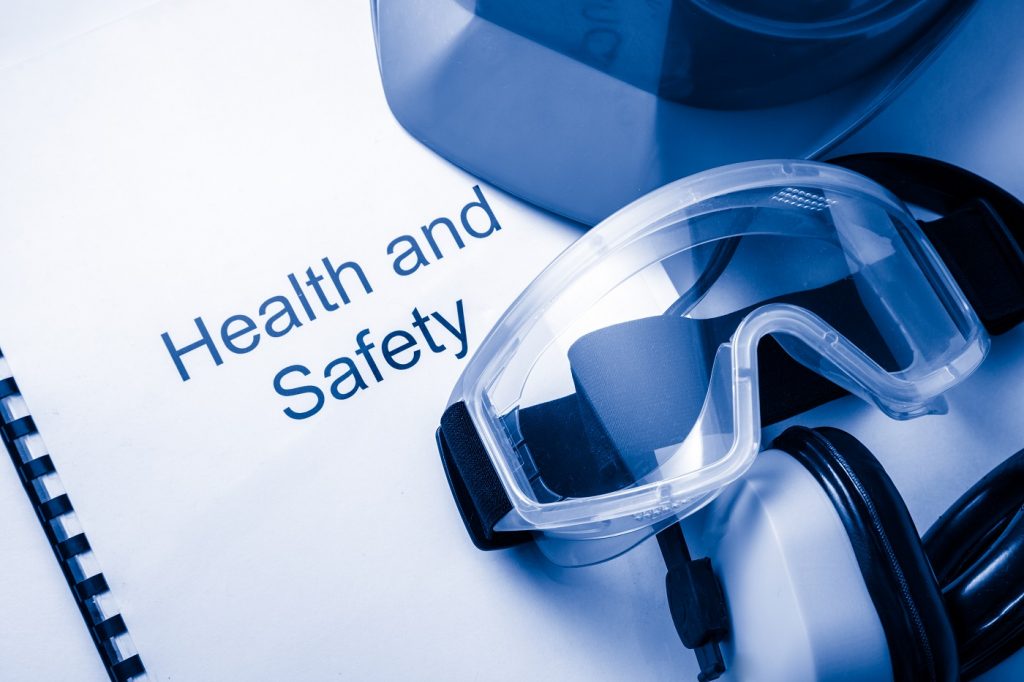What is a Safety Critical Medical?
It is important for employees to be fit for work in whatever job they do. Safety Critical Medicals are in-depth medicals designed to ensure anyone who may be undertaking safety-critical tasks is fit to do so.
The term ‘safety critical work’ is defined as:
“Where the ill health of an individual may compromise their ability to undertake a task defined as safety critical, thereby posing a significant risk to the health and safety of others.”
These assessments can ensure the medical suitability for certain types of work for individuals. They identify any risk or likelihood of an employee developing a health problem whilst undertaking their work. They also ensure you, the company, are protecting the health of your employees by early detection of adverse changes or disease.
The Safety Critical Medical will vary based on role and occupation, however some of the standard tests include:
- Confidential Questionnaires
- Medical assessment
- Blood pressure & pulse
- Urinalysis
- Musculoskeletal assessment
- Counselling
- Certificate of fitness
- Vision screening
- Weight height and Body Mass
Who needs a Safety Critical Medical?
The following professions all require Safety Critical Medicals:
Drivers – It is good practice to assess drivers for their medical fitness to drive. Individuals who undertake regular driving as part of his/her duties including vans, mobile plant, crane driver, tractors, excavators, tipper trucks, road rollers etc. should carry out a driver’s medical.
Forklift Truck operators – In addition to Drivers medicals, health and safety regulations recommended that all Forklift Truck (FLT) operators (occasional and/or regular users) be screened for fitness before and during employment. Imperial Health Services can assist with complying with this recommendation by medically assessing each operator for fitness. A Forklift Truck Medical usually takes around 30 minutes to complete.
Individuals working at heights – The purpose of a working at heights medical assessment is to ensure the employee does not have any medical conditions which could result in injury to themselves or others while working at heights i.e. risk of falling etc. This assessment usually takes around 30 minutes to complete
Confined Space Medical – A confined space is a substantially enclosed space where serious injury can occur from hazardous substances or conditions within the space or nearby. The space itself may be small and restrictive for the worker or it could be far larger such as a grain storage silo with hundreds of cubic metre capacity. It is advisable and good practice that employees who work in confined spaces are medically assessed for these. The purpose of a confined space medical assessment is to ensure the employee does not have any medical condition that could expose them to a higher degree of risk or result in injury. This assessment usually takes around 30 minutes to complete
Dangers of confined spaces include:
- Lack of oxygen
- Fire and explosions
- Dust
- The build up on poisonous gasses
Night Workers – Several occupations require individuals to work night shifts. It is a legal requirement to offer medical assessments to your employees to ensure they are fit to undertake the night work he/she has been assigned to. The offer of an assessment must be made prior to the start of the employee working night duty and at regular intervals thereafter, usually biannually. Night Workers medical assessments take approximately 10 minutes to complete.
Lone Workers – It is advisable and good practice that employees who work alone are medically assessed for fitness to work alone. The purpose of a lone worker medical assessment is to ensure the employee does not have any medical condition which could expose them to a higher degree of risk while working alone i.e. heart condition, epilepsy etc. Lone Workers medical assessments take approximately 30 minutes.
